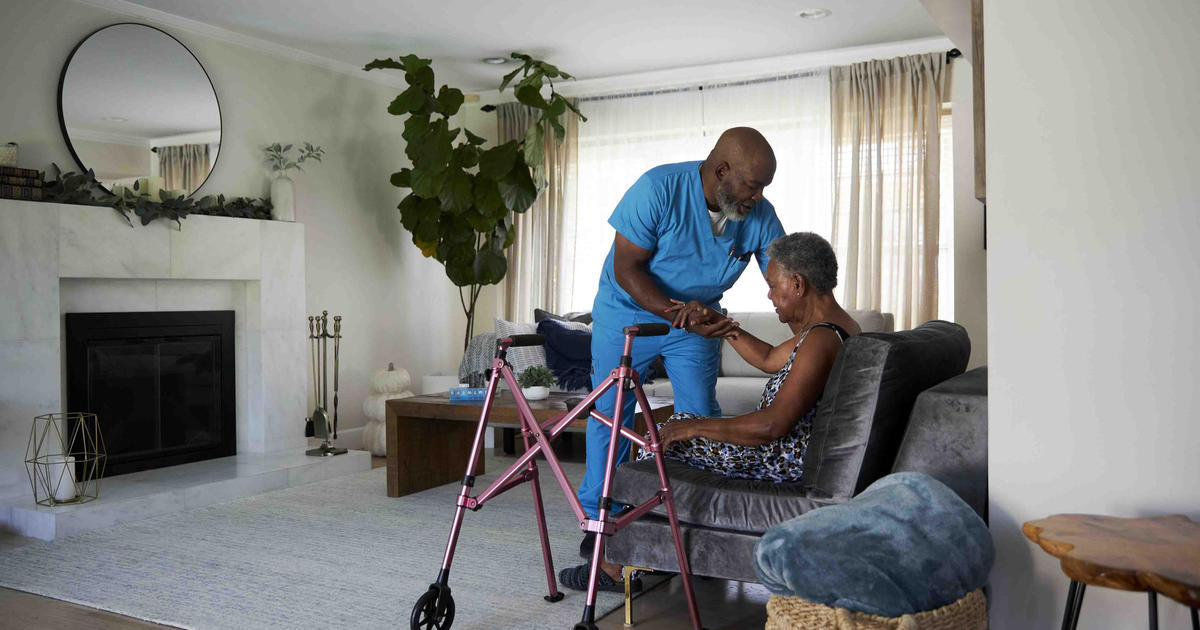Defrauded by schools, students now suing feds
Lizette Menendez, 37, doesn't seem like the type of person to sue the federal government. The single mother of three dropped out of high school in the 10th grade and never went back. She's now unemployed and caring for a disabled child.
But Menendez maintains she was defrauded by a now defunct cosmetology school — Marinello School of Beauty. She attended the school five years ago hoping to improve her lot in life. Now, her attorneys say that the U.S. Department of Education is violating the Higher Education Act — and its own proposed rules — by failing to dismiss the near $10,000 in federal student loans she ran up in a program that the DOE itself declared a sham.
"It is outrageous that the Education Department… has refused to comply with the law and grant loan discharges to harmed students," said Robyn Smith, senior attorney at the Legal Aid Foundation of Los Angeles. "These students, pawns in Marinello's fraudulent scheme to increase its revenues, should not have to repay these loans."
Menendez is among thousands — perhaps hundreds of thousands — of former students who could potentially have their federal student loans discharged under school fraud provisions in the Higher Education Act. However, many of these loan discharges have been put on hold while government officials dicker over whether to change the rules.
"There are a lot of people who are eligible for relief. They just don't know it," Smith said.
The Department of Education's student aid website lists 10 different ways that all or a portion of a student's loan obligations can be wiped away. For instance, people who go into teaching or public service can have some of their loans wiped away. So, too, can graduates who later find themselves permanently disabled.
However, a significant segment of the discharge options involve students who were defrauded. These discharge programs are now in limbo because Education Secretary Betsy DeVos decided to temporarily "suspend" implementation of standardized discharge rules that were supposed to go into effect last summer. It's now unclear when, or if, they will go into effect.
The Menendez suit was filed on her behalf by two nonprofit advocacy group — the National Consumer Law Center and Legal Aid of Los Angeles. The litigation is aimed at pressing the Education Department for action not just for Menendez, but also for thousands of other students who find themselves saddled with crushing debt for worthless degree programs.
"The Higher Education Act provides critical protections for students lured to illegitimate institutions by deceptive practices and false promises," said Joanna Darcus, an attorney at the National Consumer Law Center. "The Department of Education's ill-conceived denial of the plaintiffs' discharge applications is part of an alarming trend of letting institutional bad actors off the hook, while penalizing students with unaffordable loans and the threat of debt collection."
A spokesman for the Department of Education refused to comment on the pending litigation and failed to respond to questions about the status of the suspended rules.
Menendez filed for student loan relief under the Higher Education Act's "false certification" clause. This essentially says that students shouldn't be left on the hook for loans that were taken out illegally — either without your permission or in violation of the Department of Education's rules.
Menendez claims in her suit that she was not eligible for federal student aid because the high school diploma that Marinello supposedly secured on her behalf was from an unaccredited program and was not a valid degree. Loans can also be discharged if a school closed before students had a chance to complete their course of study and for school misconduct.
These loan discharge rules were put in place in the late 1990s after a government investigation found pervasive predatory practices among for-profit colleges. However, claims for loan forgiveness were rare until the Department of Education started pulling aid authorization for a number of the schools, many of which quickly folded.
The DOE previously said that if closed school discharges had been automatic between 2014 and 2016, it would have cost the government $381 million. Yet less than half of the students who attend failed colleges know to apply for relief, Menendez' attorneys said.
Meanwhile, more than 100,000 students have applied for "borrower defense"— a form of debt discharge in use since 2014 based on school misrepresentations and misconduct, according to The Century Foundation. The think tank obtained these statistics by filing a Freedom of Information Act to force the government to disclose these discharge requests. Like Menendez, 98.6 percent of the former students who applied for loan discharges attended for-profit schools, according to TCF's analysis of the government data.
Now, however, applications for these fraud-based loan discharges have gone into limbo. That leaves students like Menendez scrambling to find ways to defer payment on their loans, or sign up for income-contingent repayment plans that require them to continuously prove that they can't afford to pay.
"This delay is harming our clients," said Josephine Lee, an attorney with Legal Aid in Los Angeles. "We believe that the statute says that these students should have been approved for loan discharges."
The Menendez suit seeks an immediate approval of her discharge application, as well as the applications of two other named Marinello graduates, whose situations mirrored her own. In addition, her suit asks the court to compel the Department of Education to implement its borrower discharge regulations and continue providing relief to defrauded students.




